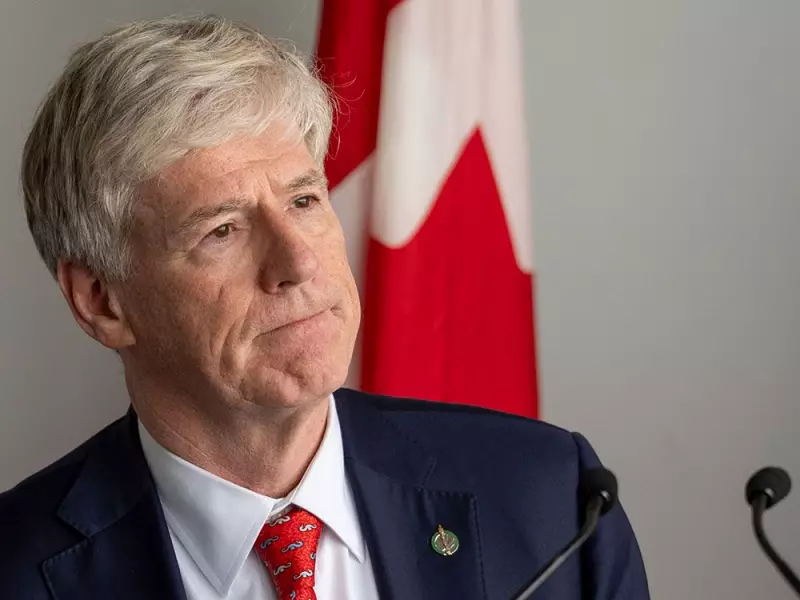
Canada is charting a unique course in the global energy landscape, simultaneously accelerating its clean electricity transition while maintaining support for major fossil fuel projects. The federal government recently unveiled ambitious regulations requiring a net-zero electricity grid by 2035, signaling a dramatic shift toward renewable energy sources.
The Clean Energy Acceleration
New federal clean electricity regulations mandate that Canada's electrical grid must achieve net-zero emissions within the next twelve years. This bold move represents one of North America's most aggressive climate policies and positions Canada as a leader in the global transition to clean energy. The regulations will fundamentally transform how Canadians power their homes and businesses, with significant investments planned for wind, solar, hydroelectric, and nuclear power generation.
The Pipeline Paradox
While pushing forward with clean energy mandates, the Canadian government continues to support the controversial Trans Mountain pipeline expansion project. This dual approach reflects the complex reality of Canada's energy economy, where fossil fuels remain a significant export and revenue source even as the country works to reduce domestic emissions.
Economic Implications and Challenges
The transition presents both opportunities and challenges:
- Massive infrastructure investments required for grid modernization
- Potential for job creation in renewable energy sectors
- Concerns about electricity costs and reliability during transition
- Need for technological innovation in energy storage and transmission
Balancing Act for Provinces
Different provinces face varying challenges in meeting the new standards. Regions like Quebec and British Columbia, with abundant hydroelectric resources, may adapt more easily than provinces reliant on fossil fuels for electricity generation. The federal government has promised support for provinces facing particularly difficult transitions, though specific mechanisms remain under development.
Global Context and Climate Goals
Canada's approach reflects the broader global challenge of balancing immediate energy needs with long-term climate objectives. The country remains committed to its Paris Agreement targets while acknowledging the practical realities of its resource-based economy. This dual strategy of supporting both clean energy and fossil fuel infrastructure will likely continue as Canada navigates this complex transition period.





